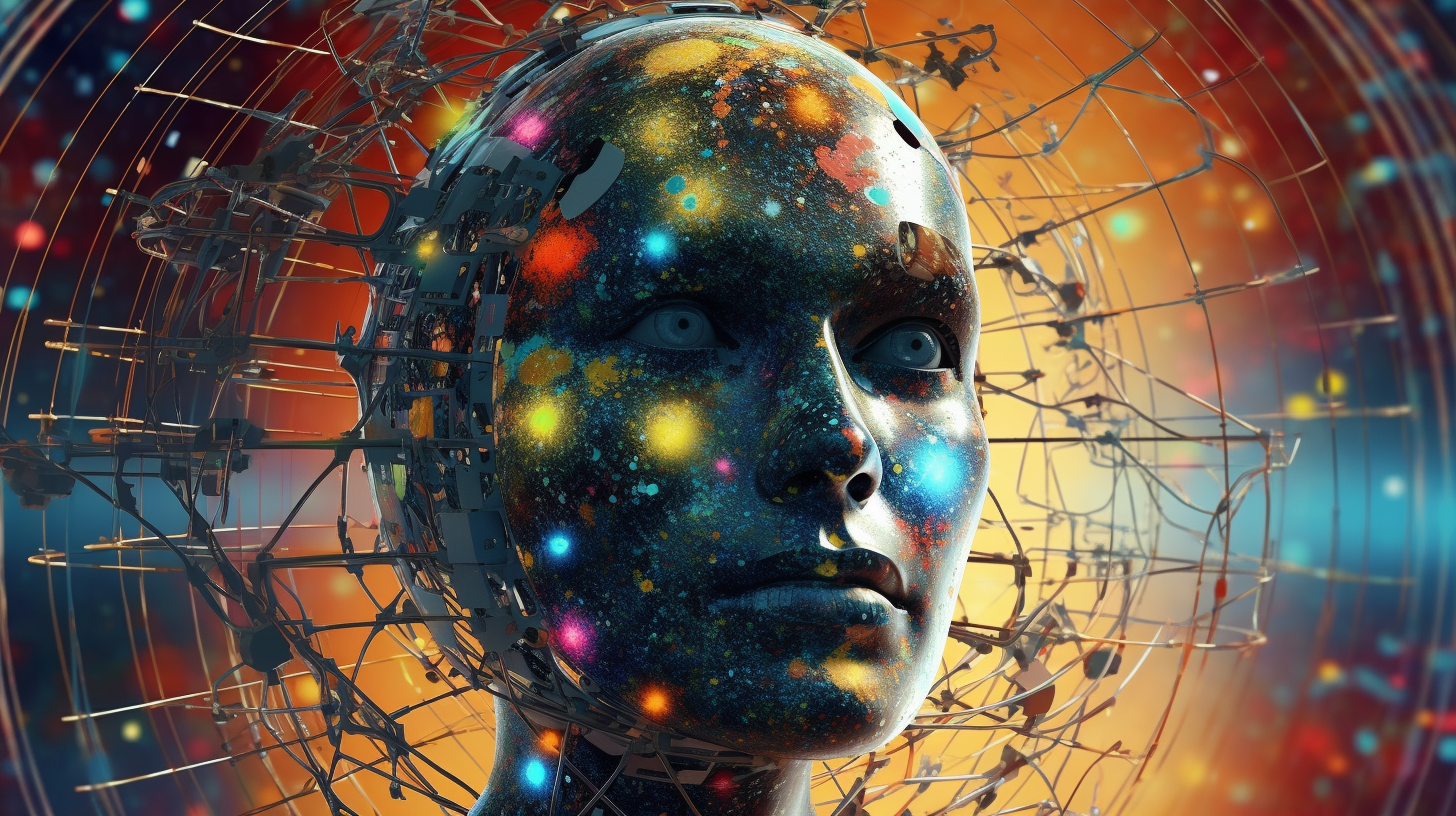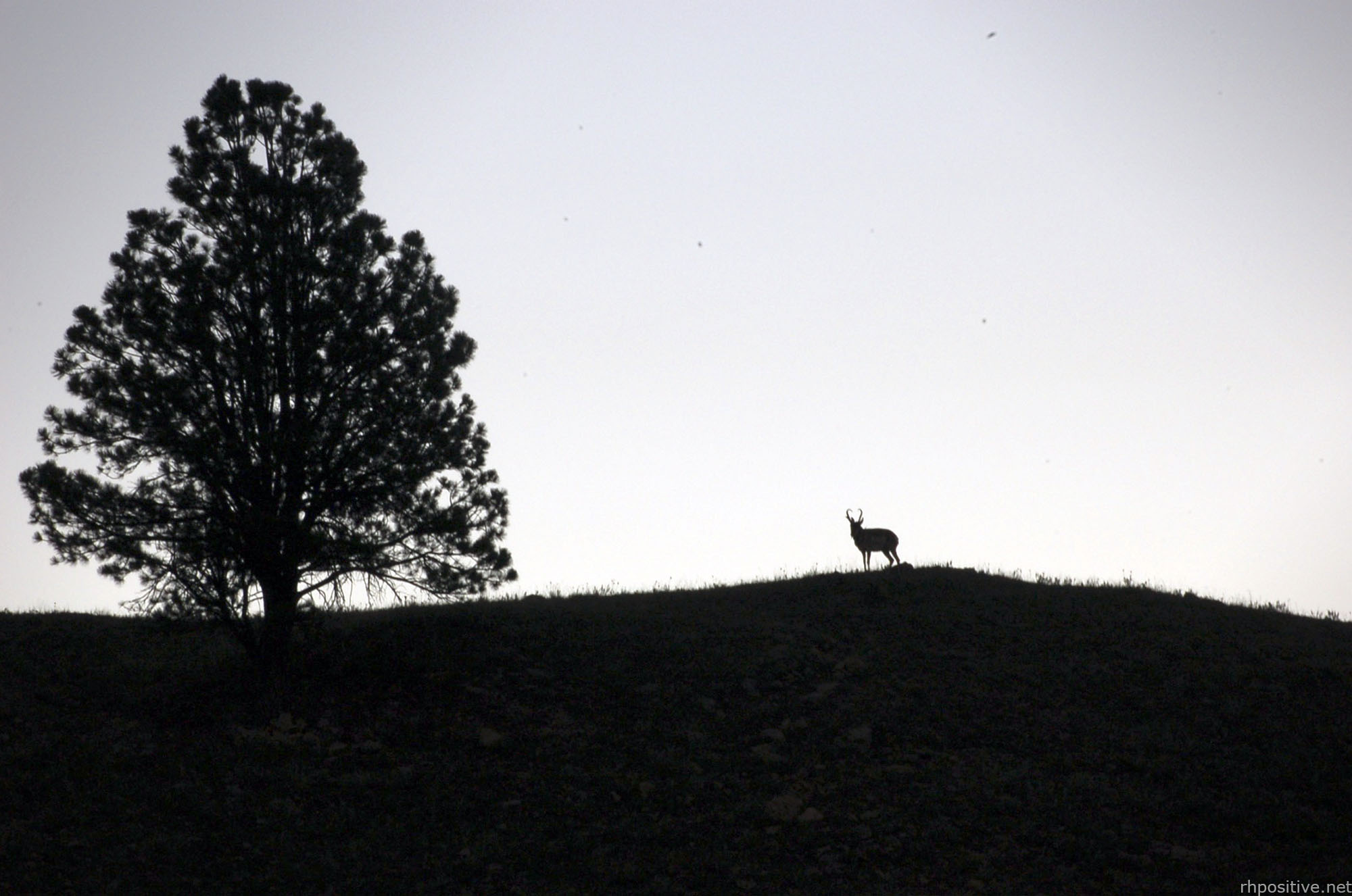Historically, AI research has been informed by an anthropocentric notion of intelligence. Human intelligence as the point of reference is present in several definitions of AI. For instance, AI has been called “the art of creating machines that perform functions that require intelligence when performed by people”24 and “the study of how to make computers do things at which, at the moment, people are better.” Similarly, the Merriam Webster dictionary describes AI as “the capability of a machine to imitate intelligent human behavior.” Indeed, the aim of achieving a likeness between minds and machines was already prevalent among pioneers of AI research, such as Wiener, Turing, and von Neumann.
While human intelligence provides a useful standard of comparison, it is ultimately of limited use. Not only do existing applications of AI already show super-human performance with regard to specific tasks, such as playing and winning at chess, but also, they do not have to function like the human mind, nor do they need to exhibit self-awareness and consciousness to perform tasks that would otherwise require intelligence when done by humans. Furthermore, there can be forms of nonhuman intelligence, as is found in some animals but also in certain phenomena of collective behavior, such as swarm intelligence. Important distinctions can thus be made between a human versus a more general rational standard and between behavioral versus thought-based definitions of intelligence. However, even within these categories it is possible to conceive of intelligence differently, for example in terms of capabilities, functions, or principles. In sum, there is, as Moore has noted, “no general theory of intelligence or learning that unites the discipline.”


The future is a wild fantasy. It’s feverishly concocted out of our hopes, fears, biases, ignorance, and imagination, saying far more about us than what is to come. Predictions of the future are really just reflections of the present. And that means we’re really bad at predicting what the future will bring.

C'è anche un piccolo, ma interessante paradosso. Possiamo affermare che questo tipo di natura, non curata e selvaggia, tipica dei nostri ambienti urbani, periurbani, suburbani e agricoli, che passa inosservata, è più selvaggia di un parco nazionale, perché attualmente questi vengono gestiti in modo molto scrupoloso. Il lago Crater, nell'Oregon meridionale, il parco nazionale più vicino a me, è un bellissimo esempio di paesaggio che sembra venire dal passato. Ma viene gestito molto attentamente. Uno dei problemi attuali è la moria di pini dalla corteccia bianca. Il pino dalla corteccia bianca è un enorme albero, bellissimo e carismatico, che cresce ad elevate altitudini e che attualmente ha dei grossi problemi di salute: la ruggine vescicolare, causata da un fungo introdotto, e il coleottero della corteccia. Per poterli gestire, il personale del parco sta piantando piantine di pino resistenti alla ruggine, anche in aree che sarebbero state normalmente gestite come selvagge. Stanno anche utilizzando repellenti contro i coleotteri in aree chiave, l'ho visto l'ultima volta che sono stata lì. Questo genere di cose è molto più comune di quanto pensiate. La gestione dei parchi nazionali è molto incisiva. La struttura e l'abbondanza della popolazione animale sono controllate. Gli incendi vengono soppressi oppure innescati. Le specie esotiche vengono rimosse, quelle autoctone vengono reintrodotte. Di fatto ho visto che il parco nazionale di Banff sta facendo tutte queste cose: sopprimere incendi, crearli, reintrodurre il bisonte, applicare dei radio-collari ai lupi. Mantenere l'aspetto incontaminato di questi luoghi è molto faticoso.
Marris, Emma, Nature is everywhere -- we just need to learn to see it. Alberta: TEDSummit, 2016.
Latest
- Giving a Voice to the Past: Intangible Heritage and Forgotten Territories 25 October 2025
- Donner une voix au passé : patrimoines immatériels et territoires oubliés 25 October 2025
- Tra overtourism e undertourism: la ricerca di equilibri territoriali sostenibili 21 June 2025
- Overtourism and Undertourism: The Challenge of Managing Contemporary Tourism 21 June 2025
- Overtourism et undertourism : le défi de la gestion du tourisme contemporain 21 June 2025
Most read
- Le alterazioni dell’ecosistema
- Le tourisme urbain
- La théorie du cycle d'erosion et critique du modèle davisien
- Gestione del comprensorio montano del Ceresio (InterReg II)
- Strumenti e strategie per la condivisione e la valorizzazione dei patrimoni culturali ticinesi, Convegno Digitalizza la cultura
- Globetrotter: un nuovo modo di viaggiare
- Un museo per viaggiatori e avventurieri d'inizio secolo

Osare: il progresso si ottiene solo così.
Oser: le progrès est à ce prix.
To dare; that is the price of progress.
Victor Hugo, Les Misérables
